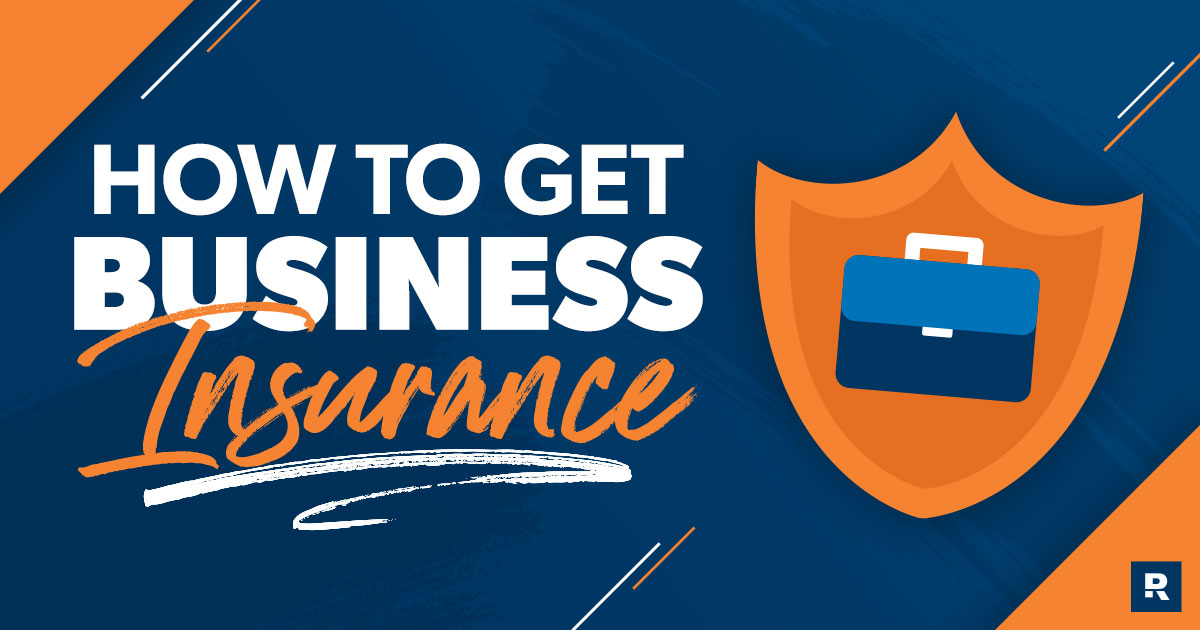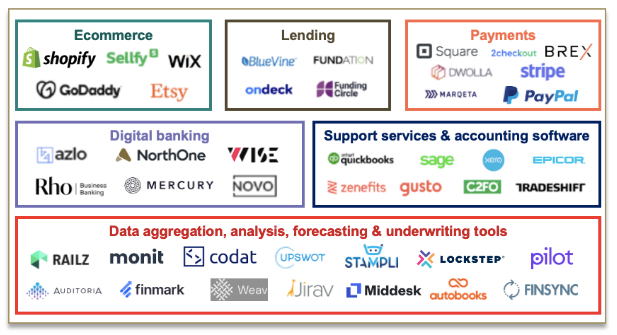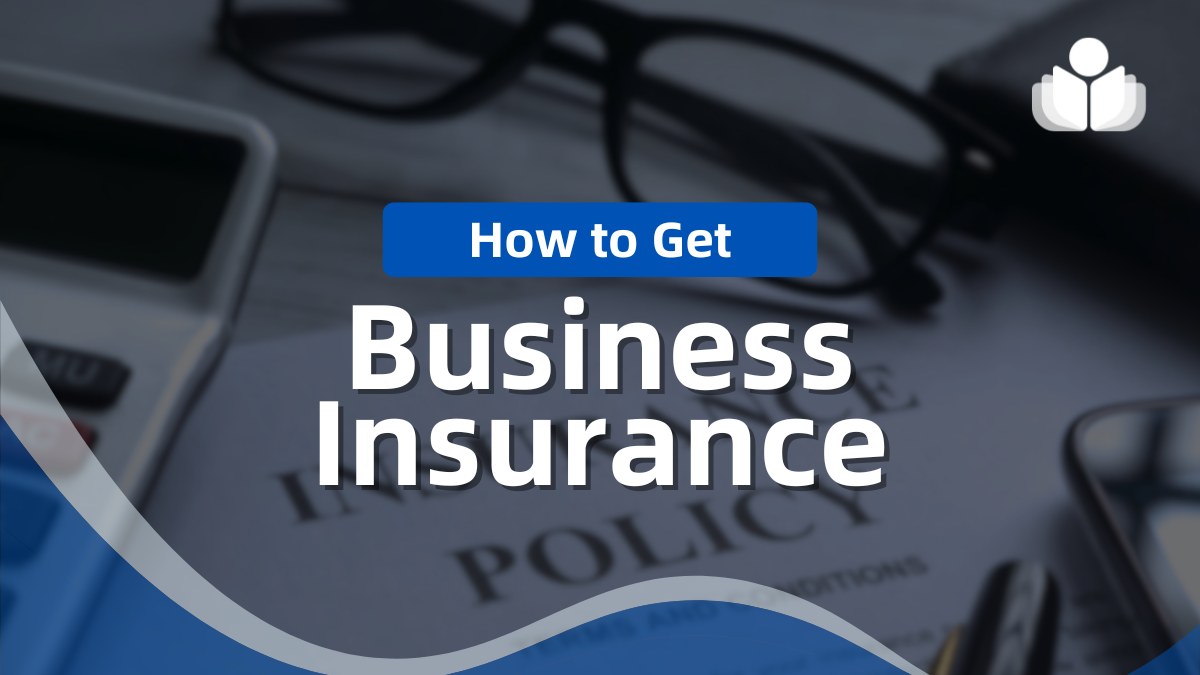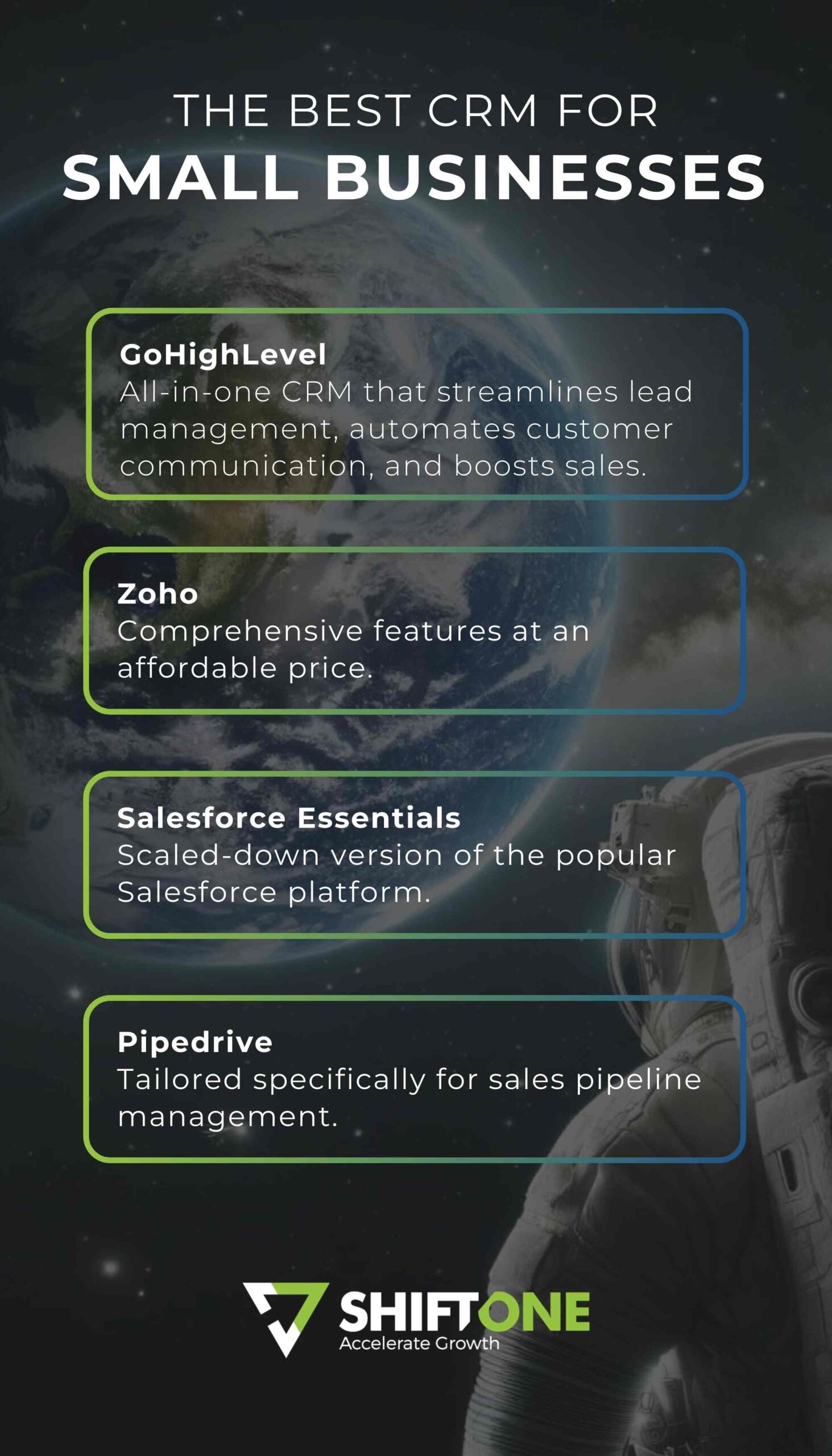Secured Loans: A Definition and Overview
In the world of borrowing, knowing your options is paramount. Introducing secured loans, a pillar in the financial realm, where borrowers gain access to funds by pledging an asset as collateral. Unlike unsecured loans that rely solely on the borrower’s creditworthiness, secured loans offer a more stable foundation, with the collateral acting as a safety net for lenders.
The collateral, often a vehicle or a residential property, serves as security for the lender against potential loan defaults. This arrangement benefits both parties: borrowers secure lower interest rates and more favorable loan terms, while lenders mitigate their risk. As a result, secured loans are a viable option for individuals seeking substantial financing, such as those purchasing a home or starting a business.
Benefits of Secured Loans
Secured loans shine with several advantages that make them a compelling choice for many borrowers:
- Lower Interest Rates: Collateral provides lenders with a sense of assurance, enabling them to offer competitive interest rates that are typically lower than those associated with unsecured loans.
- Larger Loan Amounts: Secured loans often carry higher loan limits compared to unsecured loans, allowing borrowers to access more substantial funds for their financial endeavors.
- Longer Repayment Terms: With the added security of collateral, lenders are more inclined to offer flexible repayment terms that extend over longer periods, easing the borrower’s monthly financial burden.
- Improved Credit Scores: Timely repayments on secured loans can positively impact a borrower’s credit score, laying the groundwork for future financial success.
Considerations Before Applying
While secured loans offer numerous benefits, it’s essential to weigh the potential downsides before committing:
- Risk of Losing Collateral: Defaulting on secured loans carries the risk of losing the pledged asset. Lenders can seize and sell the collateral to recover the outstanding balance, resulting in a loss of valuable property.
- Potential Restrictions: Collateralization may limit the borrower’s ability to sell or refinance the secured asset without the lender’s consent, hindering financial flexibility.
- Higher Fees: Secured loans often come with additional fees, such as appraisal costs and loan origination fees, which can add to the overall borrowing expense.
Finding the Right Secured Loan Provider
Navigating the sea of secured loan providers requires diligence and research:
- Compare Interest Rates: Explore multiple lenders to secure the most competitive interest rate, saving you money over the loan’s lifetime.
- Consider Fees: Factor in all associated fees, including origination fees, appraisal costs, and closing costs, to avoid any unpleasant surprises.
- Read the Fine Print: Carefully review the loan agreement to fully understand the terms, conditions, and potential penalties to protect your financial interests.
Understanding Secured Loans: A Detailed Guide to Borrowing with Collateral
When you’re in need of a loan, you might not always have the luxury of applying without collateral. Enter secured loans – they’ve got your back when your credit score’s a bit shy or you just need a lower interest rate. If you’re considering a secured loan, it’s crucial to understand the different types and how they can benefit you. Let’s get the lowdown on secured loans, shall we?
Types of Secured Loans
When it comes to secured loans, the options are as varied as a bag of Skittles. Let’s dive into the most common types:
-
Car Loans: If you’re itching for a new set of wheels, a car loan could be your ticket to ride. You’ll pledge your car as collateral, and your lender will hold onto it until you pay off the loan.
-
Home Loans: Dreaming of owning a slice of the American pie? Home loans are the way to go. You’ll secure the loan with your house, and your lender will have a claim on it if you can’t repay the debt.
-
Personal Secured Loans: These loans are like Swiss Army knives – they can be used for just about anything you can think of. You’ll put up collateral, such as your car or boat, and the loan will be secured against it.
-
Business Secured Loans: If you’re a budding entrepreneur or need extra cash to fuel your business, a business secured loan can be a game-changer. You’ll offer collateral like your business equipment or inventory as security.
-
Line of Credit: Think of a line of credit as a personal ATM machine. You’ll have a credit limit you can tap into as needed, and your collateral guarantees the loan. It’s like having a safety net for unexpected expenses.
Secured Loan Business: A Safe and Smart Financial Solution
In the realm of finance, a secured loan business stands out as a beacon of reliability and prudence. Whether you’re seeking to expand your business, consolidate debt, or finance a dream home, a secured loan offers a wealth of benefits that make it a smart choice for savvy borrowers.
Advantages of Secured Loans
Secured loans, backed by a valuable asset such as your home or vehicle, offer several advantages over their unsecured counterparts:
- Lower Interest Rates: Lenders perceive secured loans as less risky, allowing them to offer lower interest rates compared to unsecured loans.
- Easier Qualifications: With collateral held as security, lenders may be more inclined to approve borrowers with lower credit scores or limited credit history.
- Higher Loan Amounts: The presence of collateral enables borrowers to qualify for larger loan amounts than they might otherwise be eligible for with an unsecured loan.
- Customized Repayment Terms: Secured loans often come with flexible repayment terms, allowing borrowers to tailor their monthly payments to fit their budget.
- Peace of Mind: Knowing that your assets are backing your loan can provide peace of mind and a sense of financial security.
Why Choose a Secured Loan Business?
When selecting a secured loan business, it’s crucial to find a reputable lender that meets your specific needs. Our business prides itself on offering:
- Competitive Rates: We negotiate with multiple lenders to secure the best possible interest rates for our clients.
- Flexible Terms: We understand that every borrower is unique, so we offer customized loan options to suit your situation.
- Fast Approvals: Our streamlined application process and experienced team ensure a quick and hassle-free approval process.
- Expert Guidance: Our knowledgeable loan officers are dedicated to providing personalized guidance and support throughout the journey.
- Commitment to Service: We go the extra mile to ensure you have a positive and successful experience with our business.
Secured Loans: The Key to Business Success with a Few Caveats
If you’re a business owner looking to take your enterprise to the next level, a secured loan might be just the ticket. With a secured loan, you can borrow money using collateral, such as real estate or inventory.
Secured loans offer several advantages. For starters, they typically come with lower interest rates than unsecured loans, since the lender has less risk. Plus, you can often borrow more money with a secured loan than you could with an unsecured loan.
However, it’s not all rosy with secured loans, they do have some potential drawbacks. One of the biggest is that if you default on your loan, you could lose your collateral.
Disadvantages of Secured Loans
Secured loans are not without their drawbacks. Here are a few things to keep in mind before you sign on the dotted line:
**1. You could lose your collateral.** If you default on your loan, the lender can seize and sell your collateral to recoup their losses. This could mean losing your home, your car, or your business.
**2. You may have to pay higher interest rates.** Secured loans typically have lower interest rates than unsecured loans, but they may still be higher than you would like. Be sure to compare interest rates from multiple lenders before you choose a loan.
**3. You may have to put up more collateral than you want.** The amount of collateral you need to put up will vary depending on the lender and the loan amount. Be sure to factor this into your decision before you apply for a loan.
**4. You may have to pay closing costs.** Closing costs are fees that are charged by the lender to process your loan. These costs can vary depending on the lender and the loan amount. Be sure to factor these costs into your decision before you apply for a loan.
**5. You may have to make regular payments.** Secured loans typically require you to make regular payments. Be sure to factor these payments into your budget before you apply for a loan.
Secured Loans for Businesses: A Lifeline for Thriving
Every business encounters financial hurdles along its journey, and secured loans can serve as a lifeline, providing access to capital to overcome these challenges and propel growth. Unlike unsecured loans, secured loans are backed by collateral, such as real estate or equipment, which reduces the lender’s risk and often results in more favorable loan terms.
Understanding Secured Loans
Secured loans offer several advantages. They typically carry lower interest rates than unsecured loans due to the reduced risk for the lender, and they provide access to larger loan amounts because the collateral acts as a safety net. Additionally, secured loans can improve a business’s credit score by demonstrating responsible repayment behavior.
How to Apply for a Secured Loan
Applying for a secured loan is a straightforward process that typically involves the following steps:
- Establish a Relationship with a Lender: Begin by researching different lenders and comparing their loan terms and requirements. Consider factors such as interest rates, fees, repayment schedules, and collateral requirements.
- Gather Required Documents: Prepare a comprehensive set of documents that provide information about your business, including financial statements, tax returns, and business plans. These documents will be used to assess your creditworthiness and the value of your collateral.
- Complete the Loan Application: Fill out a loan application form that requests information about your business, its operations, and your personal finances. Be accurate and thorough in providing the requested data.
- Provide Collateral: Identify and provide documentation for the collateral that will secure the loan. This may include real estate, equipment, or other valuable assets.
- Undergo Credit Analysis: The lender will evaluate your credit history, including your credit score, payment history, and outstanding debts. They will also consider the value of the collateral to determine your creditworthiness and the loan amount you qualify for. The process of applying for a secured loan can take some time and effort, but it’s a valuable investment for businesses seeking to secure capital and fuel their growth aspirations.
Secured Loans for Businesses: A Lifeline for Growth and Expansion
For businesses looking to expand, invest in new equipment, or meet unexpected expenses, secured loans can be a lifeline. Backed by collateral, such as real estate or equipment, these loans offer competitive interest rates and flexible repayment terms, making them an attractive option for businesses with assets to secure the loan. Leading secured loan providers, like [secured loan business name], offer tailored financing solutions to help businesses achieve their goals.
However, it’s crucial to approach secured loans with caution. Defaulting on the loan can result in the loss of the collateral, which can be a significant setback for your business. Before applying, carefully consider your ability to repay the loan and the potential risks involved.
Advantages of Secured Loans
Secured loans come with several advantages that make them a popular choice for businesses:
- Lower interest rates: Collateral reduces the risk for lenders, allowing them to offer lower interest rates compared to unsecured loans.
- Longer repayment terms: Secured loans typically offer longer repayment terms, providing businesses with more time to manage cash flow and repay the loan.
- Higher loan amounts: With collateral backing the loan, businesses can qualify for higher loan amounts compared to unsecured loans.
Disadvantages of Secured Loans
While secured loans offer benefits, there are also potential disadvantages to consider:
- Risk of losing collateral: Defaulting on the loan can result in the loss of the collateral pledged to secure the loan.
- Stricter qualifications: Lenders may have stricter qualification criteria for secured loans, as they are taking on more risk.
- Impact on credit score: Defaulting on a secured loan can damage your business’s credit score, making it more difficult to obtain future financing.
Alternatives to Secured Loans
If you do not have collateral to secure a loan, there are a number of alternatives to consider:
Personal Loans
Personal loans are unsecured loans that can be used for a variety of business purposes. They typically have higher interest rates than secured loans but can be a good option for businesses with good credit.
Credit Cards
Business credit cards can provide a flexible source of financing for small expenses. However, they typically have high interest rates and short repayment terms.
Payday Loans
Payday loans are short-term, high-interest loans that can be used to cover immediate expenses. They can be a dangerous option for businesses as they can lead to a cycle of debt.
Equity Financing
Equity financing involves selling a portion of your business to investors in exchange for capital. This can be a good option for businesses with strong growth potential.
Government Loans
Government loans are available to businesses that meet specific criteria. These loans often have low interest rates and flexible repayment terms.
Choosing the right type of financing for your business depends on your specific needs and circumstances. Carefully consider your options and consult with financial professionals before making a decision.




Leave a Reply